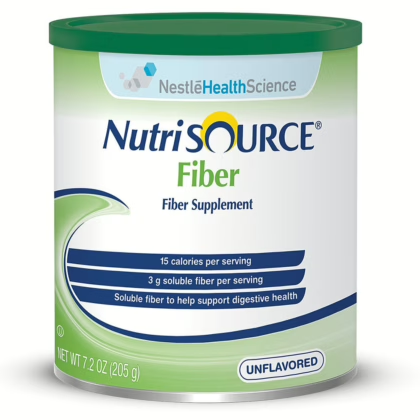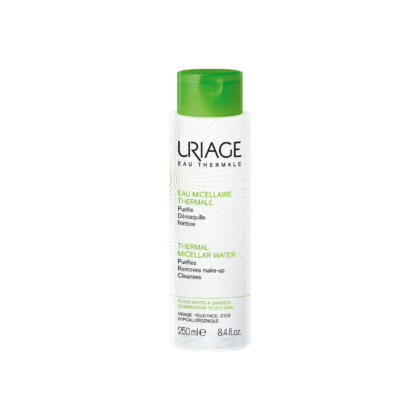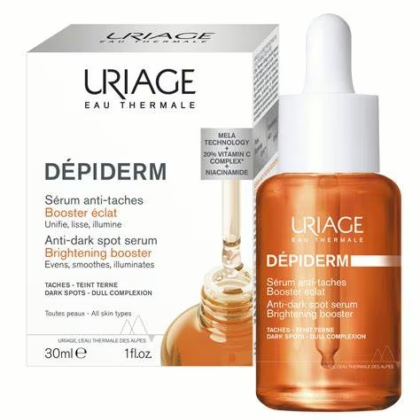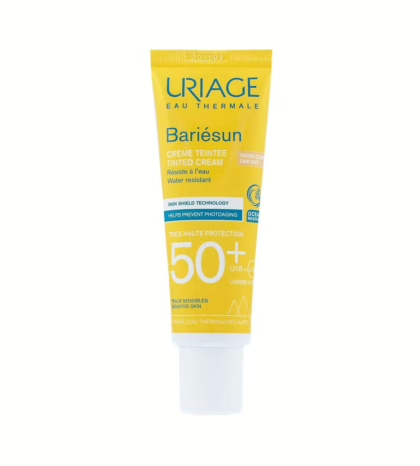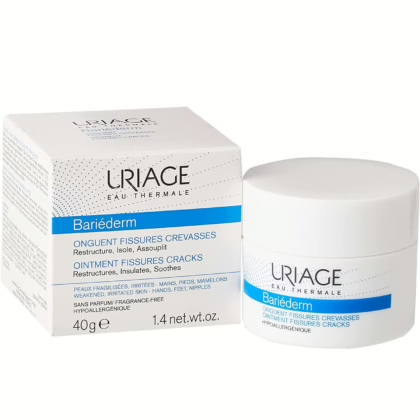Atopic Eczema
Symptoms
- Itchy skin.
- Skin rash.
- Sore skin.
- Lack of sleep.
Causes of Eczema
The causes are unclear, but some factors may play a role in the development of atopic dermatitis, such as:
- A history of atopic eczema, food allergies, asthma, or hay fever (Allergic rhinitis) in the family. Some genes may impair the outer layer of the skin, which protects us from losing moisture and stops germs from entering.
- The immune system: it becomes overactive, causing an inflammation of the skin’s outer layer, making it dry and itchy resulting in a skin rash that may appear purple, brown, or grey in dark skin tones and red in light skin tones.
- Where you live, for example, when you live in a warm and humid area, the risk of developing atopic eczema decreases.
- Stress.
- Pollution or smoke, exposure to substances that irritate your skin..
Diagnosis
The doctor may carry out some tests and asks questions such as:
- Do any of your relatives suffer from atopic eczema, asthma, or hay fever?
- What are your symptoms?
- When did the symptoms begin to appear?
- Where does the rash appear on the skin?
Treatment
It is a chronic disease for which there is no cure yet. However, symptoms can occasionally improve and be managed:
- Using moisturizing creams that protects your skin from cracking.
- Taking regular baths.
- Avoid triggers. Common triggers include skincare products, wool clothing, stress, and scented laundry detergents.
- Following a healthy diet.
- Sleeping well.
Your doctor may prescribe medications, such as:
- Topical steroids.
- Topical treatment does not contain steroids.
- Biologic therapy.


